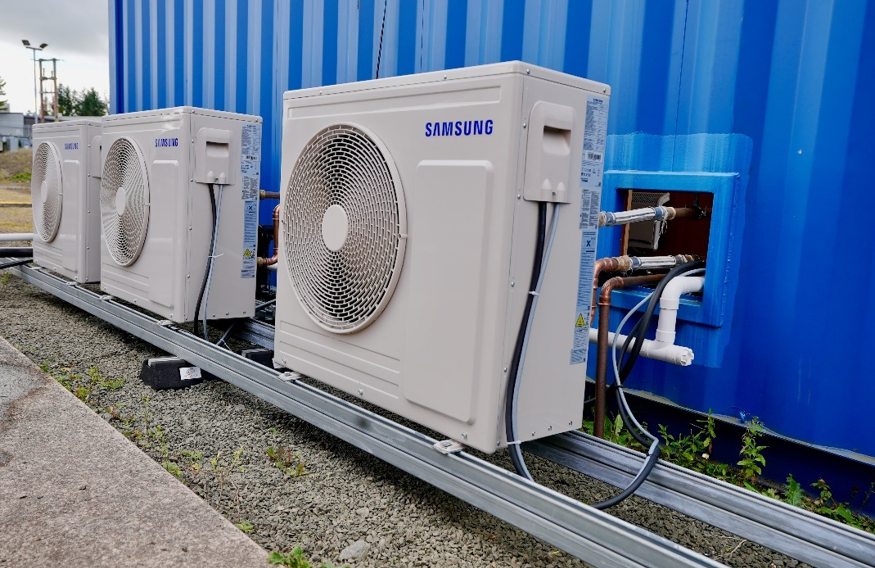By 2030, with faster trends in renewables and even without new oil and gas licences, a household with energy efficiency at EPC C, an electric heat pump and an electric vehicle will cut primary energy imports by 80 per cent.
A typical household will rely upon 17MWh of imported energy in 2024. This is 67 per cent of the total primary energy needed to meet this household’s needs for heating, power and fuel. The other third will be met by UK sources of energy, including oil, gas, biomass and renewable electricity. If a typical household can make the upgrades above and if the UK makes good progress with renewables to power electrical technologies, then a household could reduce its annual energy imports of 17MWh in 2024 by almost 14MWh by 2030.
This would slash homes' foreign energy dependence, and make new North Sea oil and gas ‘largely irrelevant’ for energy security.
The figures, from the Energy and Climate Intelligence Unit (ECIU) also predict that without any more renewables or any net-zero upgrades for the household, and even if new licences for oil and gas resulted in increased production, a typical household in 2030 would use as much energy as today and would rely on over 20MWh of imported energy, an increase of 3MWh (20 per cent).
Dr Simon Cran-McGreehin, head of Analysis at ECIU, said: “New exploration in the North Sea is largely irrelevant for energy security, likely to make only a very marginal difference, and certainly not to bills given prices are largely set internationally. If you’re not focused on renewables, you’re not focused on energy independence. That’s simply the way the numbers stack up.”
Previous ECIU analysis has found that the maximum amount of gas that could be produced by new licences per year would equate to the output of just one offshore wind farm. However, new licences are not even guaranteed to result in new gas production.
© 2019 Perspective Publishing Privacy & Cookies








Recent Stories